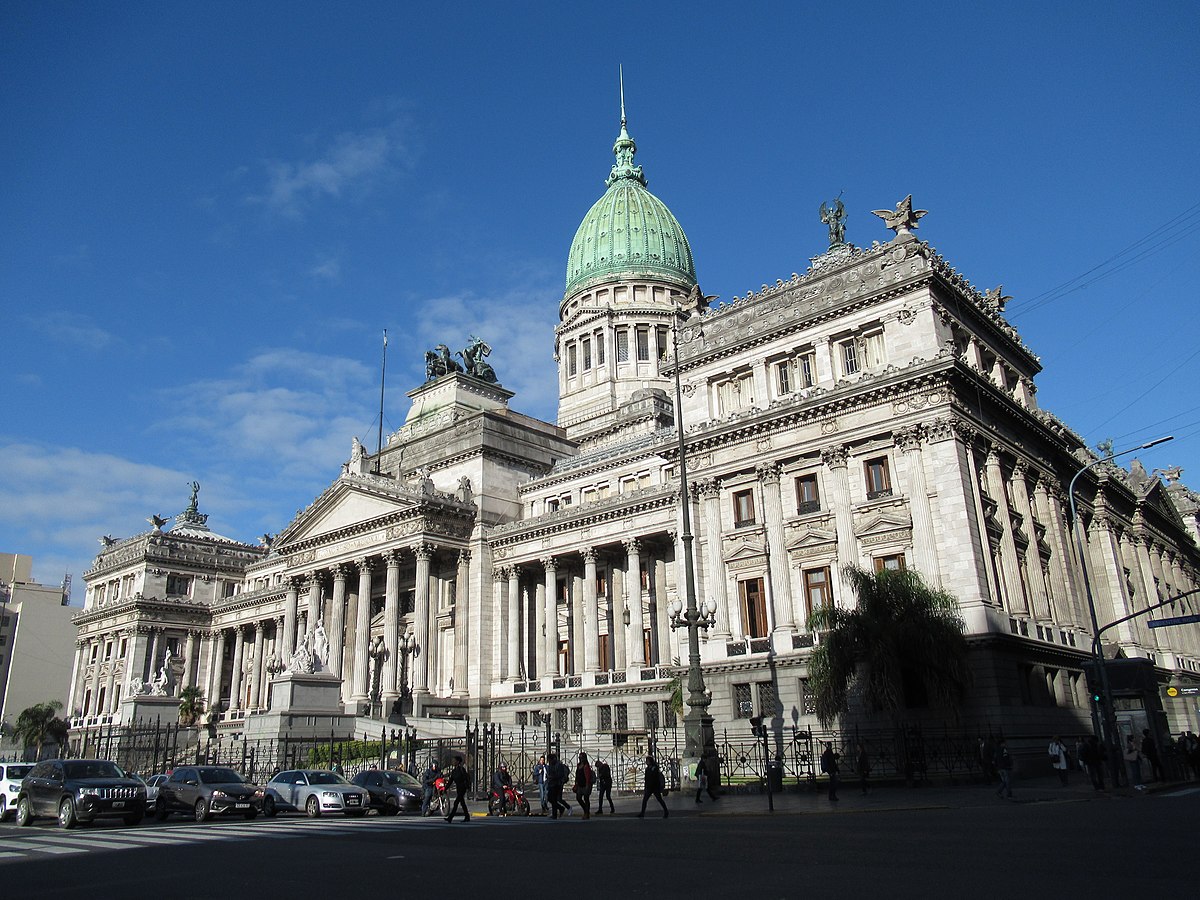RIO DE JANEIRO, BRAZIL – The Argentine Congress has converted into law an extraordinary tax on large fortunes to finance the fight against Covid-19 and pass poverty relief subsidies and credits to small and medium-sized companies, among other urgent social assistance benefits.
The new law is expected to impact up to 12,000 people who will be required to pay a one-time tax. Argentina, the third-largest economy in Latin America, is entering its third recession year, with high inflation and a sharp increase in poverty.
The bill was passed in the Senate by 42 votes to 26. The session was broadcast live on YouTube on Friday, December 4th.

The new law stipulates a single tax of at least 2% to be levied on people with assets exceeding 200 million Argentine pesos (US$2.45 million), which the government hopes will lead to revenue of about US$3.7 billion.
The pro-government alliance has used its majority to approve the so-called “solidarity contribution”. The bill was strongly opposed by the largest opposition group, the neoliberal Together for Change, of ex-President Mauricio Macri, according to which it is a confiscatory measure.
The most influential employers’ organization, the Argentine Business Association (AEA), declared that it “affects private property and represents a blow to investments, production, and employment, as well as generating great discontent.”
It is estimated that the contribution, popularly called the “tax on millionaires”, will affect between 9,000 and 12,000 people in a country with 40.9% of its 44 million inhabitants in poverty and an unemployment rate of over 10%.
Argentina has not yet overcome the recession, which has been dragging on since 2018 and has been exacerbated by the pandemic.
Social inequality
The one-time compulsory contribution will tax people whose declared assets exceed 200 million pesos (2.35 million dollars), with a progressive rate of up to 3.5% for assets in Argentina and up to 5.25% on assets abroad.
“There is fiscal room to tax those who have more, for the first time in history, through a direct tax. This does not happen only in Argentina. The regional tax system is tremendously unequal,” said Adrián Falco, secretary of the Latin American and Caribbean Fiscal Justice Network.
“The tax system is based on consumer taxes, never on those who have more. Those who actually pay taxes are very few. To escape taxation, tax havens and ghost companies are used,” said Falco.
About 20% of the collection will be used for medical supplies to provide emergency care because of the pandemic, another 20% for small and medium-sized companies, 15% for social development programs, 20% for scholarships, and 25% for natural gas development programs.
“The tax affects 0.8% of taxpayers. Of these, 42% have dollarized assets, 92% of which are abroad. It is far from taxing productive activity,” declared the governing legislator Carlos Heller, one of the bill’s creators.
Daniel Pelegrina, president of the opposition, the powerful Argentine Rural Society (SRA), warned that the government “wants to present it as a contribution of the richest, but we know what happens with all those unique taxes, they stay forever.”
Hernán Letcher, director of the Center for Economic Policy Studies (CEPA), pointed out that “the proposal is not an Argentinean exclusivity. There are at least 11 countries in Europe and Latin America that are advancing greater tax justice. These measures to support family income and subsidies are aimed at reducing inequality.”
Source: G1

